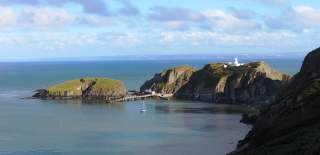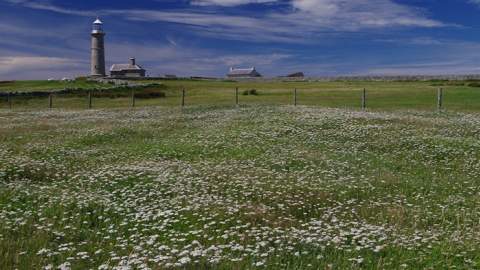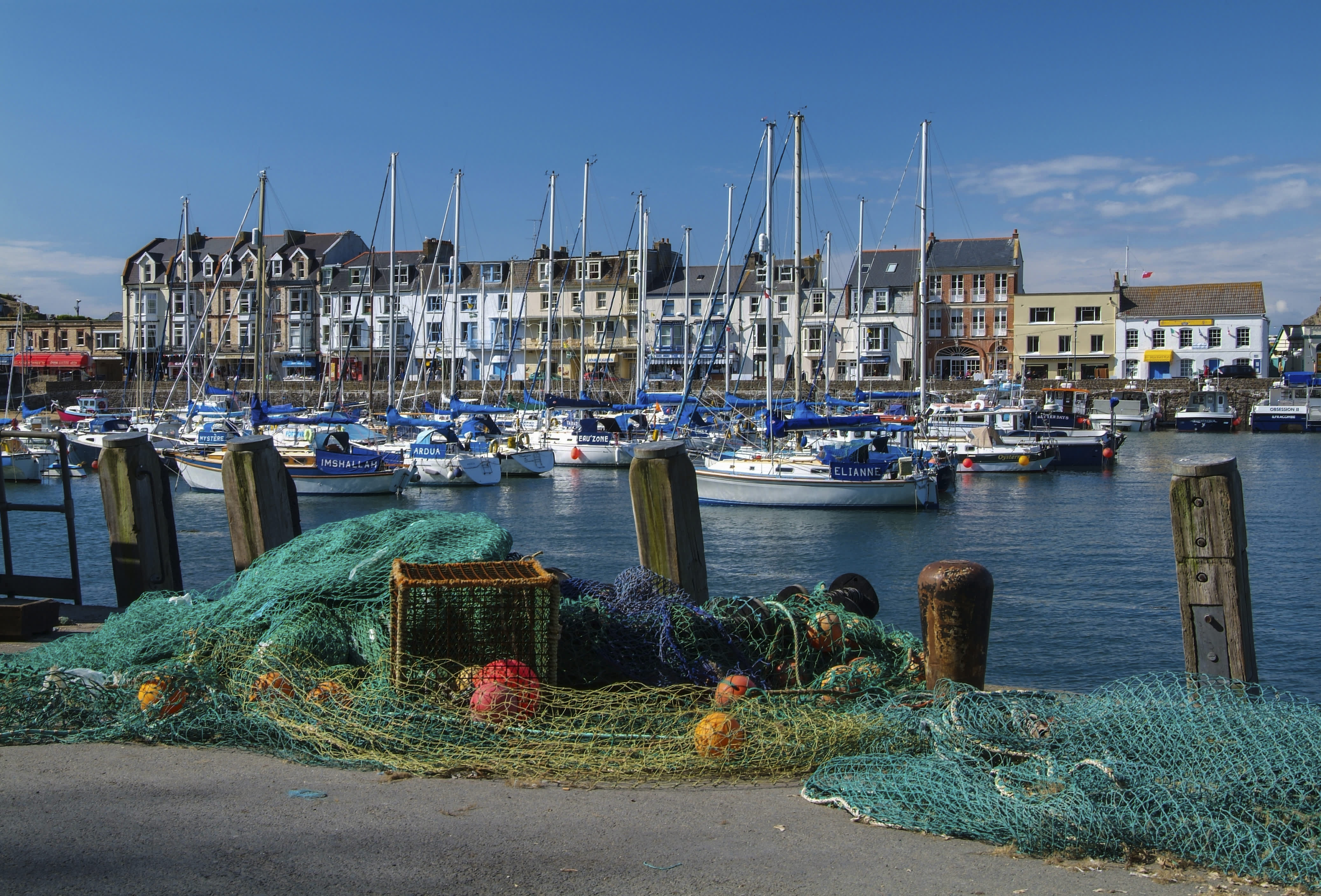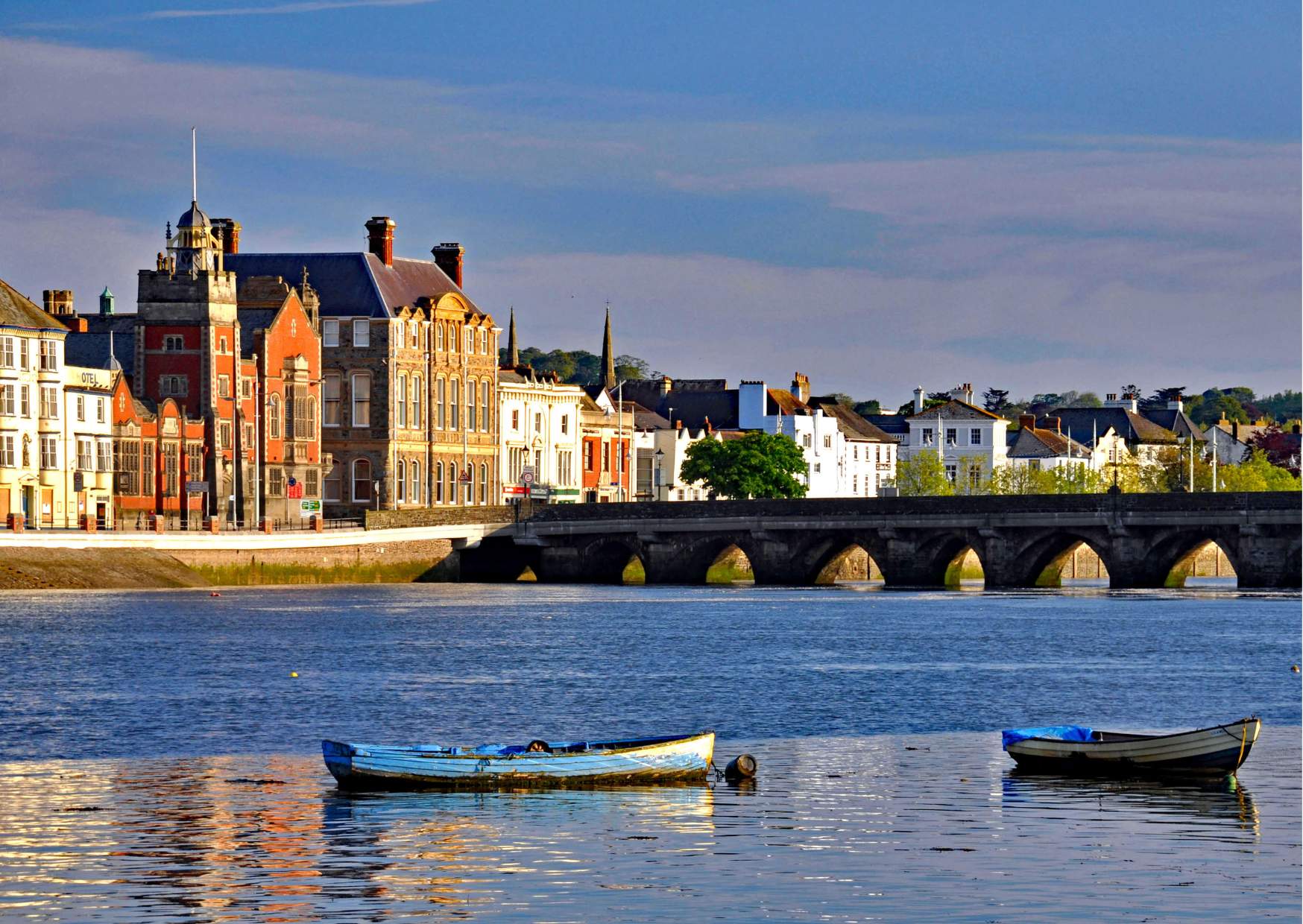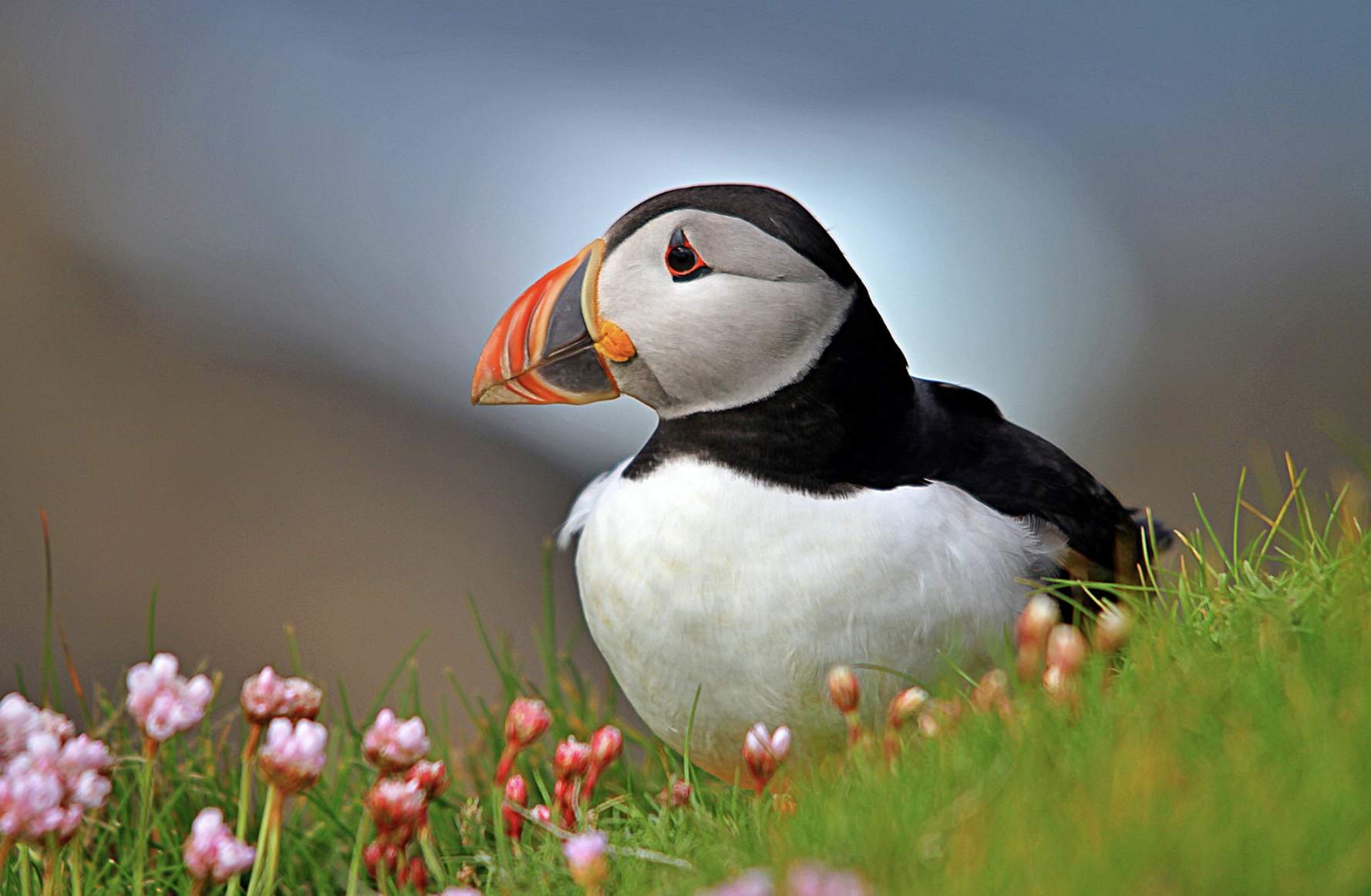Lundy Island
Get away from it all with a trip to spectacular Lundy Island.
Lying 12 miles off the coast of North Devon, where the Atlantic Ocean meets the Bristol Channel, this peaceful, unspoilt granite outcrop stands just three miles long and half a mile wide. With a starkly contrasting landscape, asserting high rugged cliffs on the west and a sheltered grassy coastline to the east, the Island creates a rich diversity of animal and plant life loved by walkers, climbers and wildlife enthusiasts alike. As the UK’s first Marine Conservation Zone, the waters also play host to a spectacular array of marine wildlife, which can be enjoyed from above or below the waves.
Staying on Lundy Island
While Lundy makes a great day trip, it is also a wonderful place to spend a few days resting. The Landmark Trust who look after the island have 23 self-catering properties that are available to rent, as well as there being camping opportunities.
Lundy Island is home to a pub, a church, a working farm, three lighthouses, shops and amazing unspoiled nature. The accommodation available have been adapted from the original use, so guests have the opportunity to stay in everything from a Georgian villa to a 13th century castle, to a lighthouse and more.
The Island boasts its own village store and infamous Marisco Tavern for supplies, and also offers a number of warden-led activities including guided walks, rockpool rambles and snorkel tours.
Things to do on Lundy Island
Lundy Island has a diverse range of wildlife including a colony of puffins and other
marine life. As such it is a popular spot for divers and rock climbing.
Diving
Lundy is England’s only statutory Marine Nature Reserve and as such, diving numbers are strictly controlled, anyone wanting to explore the waters around the island will need to book onto the diving expeditions and use of the diving facilities.
Rock Climbing
You’ll find some of the UK’s best sea cliff climbing opportunities on Lundy, however, because of the importance of conservation, the climbing season is restricted during nesting seasons. Please contact the team on the island for climbing dates before booking accommodation or space.
Birdwatching
Lundy Island is famous for its bird population, in fact the name Lundy is Norse for Puffin Island, so named because of the puffins that call the island home. Lundy has the largest single island seabird colony in the south of England. Naturally, this makes it is a haven for bird watchers as at various times of the year you’ll find both resident and migrant birds on and around the island. Thousands of bird species pass through the island during the spring and autumn months and spring is a popular time for visitors because of breeding season, during which time you’ll find up to 35 different species nesting on the island.
Fishing
Fishing is allowed on Lundy Island however it is the UK’s first No Take Zone, this means that angling is permitted on the condition that only sustainable catch is taken. This limits anglers to taking adults over the minimum size and just enough for you to enjoy. The island is part of a conservation zone, so please check restrictions before visiting.
So, whether you want to spend time exploring the Island’s history, taking in the local wildlife or trying to complete the Lundy Letterbox challenge, you can see why so many people return here time and again.
To make bookings for travel to the island, accommodation or for diving, climbing or other warden led trips, you can contact the island team on 01271 863636 or info@lundyisland.co.uk
Learn more about trips to Lundy Island
The Beautiful Island of Lundy What is it about Lundy – a wild, 400ft high granite lump just three miles long and half a mile wide, located where the Bristol Channel meets the Atlantic – that has people going back there again and again? Maybe it’s to escape…
Getting to Lundy Island
You can access Lundy Island either by boat or by helicopter.
Ferries leave from Bideford or Ilfracombe, with the MS Oldenberg being the popular choice as it offers a range of fares, including singles, day returns and period returns, as well as discounts for families and concessions. The ticket price includes the Lundy landing fee (which is free to National Trust members) and a luggage transport fee. For full fares click here.
The MS Oldenberg usually takes less than two hours with the option to retun to different ports. Transfers can also be arranged by the company when booking your travel. Luggage allowance is 20kg per person
In the winter, Lundy Island can be reached by helicopter. Board at Hartland Point for exhilarating aerial views of the North Devon Coast.
There are a number of charter companies which provide a service for divers wanting to explore the area around Lundy.
If you’re a keen sailor, you are more than welcome to sail across to Lundy Island yourself, there is a £5 per head charge to dock on the island. There is one visitor mooring at the bay, so please contact a member of the island staff before arrival.

